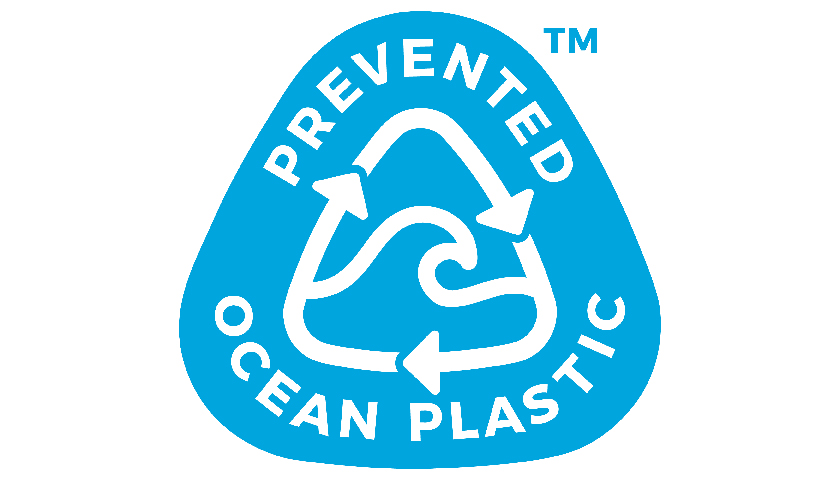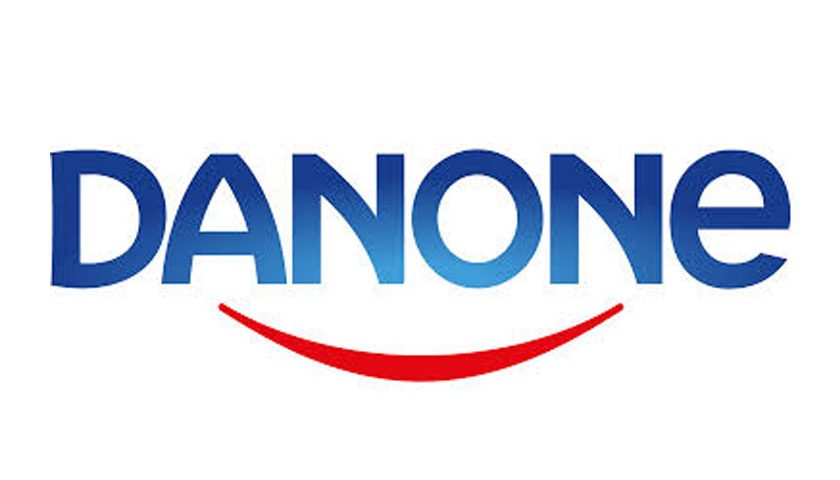Recently Prevented Ocean Plastic, alongside major industry stakeholders, announces the first ever food-safe polypropylene (PP, one of the most commonly used yet least recycled plastics on the planet) recycled to the European standard (EU 2022/1616). PP is a part of everyday items like plastic cups, bottles and caps, and flexible films but despite its prevalence, has a global post-consumer recycling rate of just 1%, making it the second most common type of plastic polluting the ocean.
Working together
Now, a global partnership representing all stages of the supply chain has worked together to develop the recycled Prevented Ocean Plastic PP offering that has achieved food-safe status, a European first for this type of plastic. This breakthrough means the collection of discarded PP can be properly incentivised, and the material can finally be recycled at scale, preventing it from reaching landfills and oceans, and turned into high-quality food-safe packaging for consumer use.
Solving a global problem
While recycling rates have improved for certain materials, such as those found in plastic drinks bottles (PET), other forms, such as PP, remain difficult and costly to recycle at scale. Where they are recycled, they tend to be downcycled into lower quality products. Where they aren’t able to be recycled, they are left to litter the natural environment and pollute waterways. This breakthrough changes that.
This new initiative brings together global partners – Innovia Films, a division of CCL Industries, Spectra Packaging, Bantam Materials UK Ltd and PETMAN, using Starlinger Viscotec technology, as well as Circulate Capital backed Prevented Ocean Plastic collection in Indonesia – to deliver the first fully circular food-safe recycling solution for PP. In its first year, this novel technology is expected to prevent 500 million PP cups from entering the ocean each year, with capacity to expand rapidly. Laid end to end, that’s enough plastic to circle the Earth 1.25 times[5].
How it works
Prevented Ocean Plastic has established a franchise model for collection. This scalable franchise model which can be repeated in any at-risk coastal community to drive greater impact and prevent this hard-to-recycle plastic from being left to pollute oceans, waterways and the open environment. Prevented Ocean Plastic intervenes before this material reaches the ocean and open environment, via its controlled collection and sorting process.
The for-profit model, launched at the beginning of the decade, has since been financially supported by five separate institutions, establishing the unique capability to sort and customise input feedstock for high quality recycling. This capability is key to solving the problems of plastic recycling.
Once collected, sorted and washed, the material is then processed by PETMAN using world-first novel technology from Starlinger Viscotec, turning it into high-quality, food-safe recycled polypropylene (rPP) and then supplied by Bantam Materials UK Ltd (Owner of the Prevented Ocean Plastic programme) to offtakers. Early adopters include Innovia, who will produce BOPP flexible films- a major milestone, as flexible plastics have historically struggled to incorporate recycled content- Spectra, who will be blow molding and injection molding bottles and caps, and further applications, including trays for fruit, vegetables and protein. The innovation in the novel technology stage, sees each batch third-party scientifically tested according to industry standards. Every stakeholder has walked the Prevented Ocean Plastic supply chain.
This same approach to collection and sortation can be aimed at virtually every discarded plastic type on the planet. Next on the list, High-Density Polyethelene.
Neil Hudson, Technology Expert – Recycling & Sustainability, Innovia Films, a division of CCL Industries, said: “For Innovia a source of EU food contact approved polypropylene (PP) from a mechanically recovered post-consumer source is a game changer. We can now make films for label and flexible packaging in the food and beverage space and contribute to circularity and sustainability. A great team of people have contributed to the process and have accelerated this mechanically recovered post-consumer PP to the eagerly awaited EU food contact rPP.”
Raffi Schieir, Director of Prevented Ocean Plastic said:
“This is a monumental moment for ocean plastic prevention. This further proves that the Prevented Ocean Plastic franchise model can solve major plastic collection problems at scale and with dignity. My hope is that we can grow this model in every at-risk costal community, so all types of plastic are seen as valuable, and nothing discarded gets left behind. A huge thank you to every stakeholder for their effort and science-based testing over the years to help solve this problem.”
Gavin Chenery, Commercial Director at Spectra Packaging said:
“Through close collaboration across our valued supply chain, we’ve validated an EU-compliant, food-contact-safe rPP process that meets regulatory expectations and matches the performance our customers expect. This milestone proves circularity without compromise, enabling our customers to lift recycled content at scale with confidence, while keeping existing PP formats, tooling, and the consumer experience unchanged. It’s a practical path to lower-impact packaging today and a stronger circular economy tomorrow . This latest development continues our commitment to the Prevented Ocean Plastic programme, reflecting how deeply invested we are not just in the material, but in the entire initiative as a whole.”
Dondi Hananto, Associate Partner Southeast Asia & Head of Indonesia, Circulate Capital said:
“We’re proud to support an ecosystem that brings collectors, recyclers, and brands together to tackle even hard-to-recycle plastics like polypropylene. Starting in Indonesia, this milestone shows how collaboration can drive systemic change across global supply chains”


